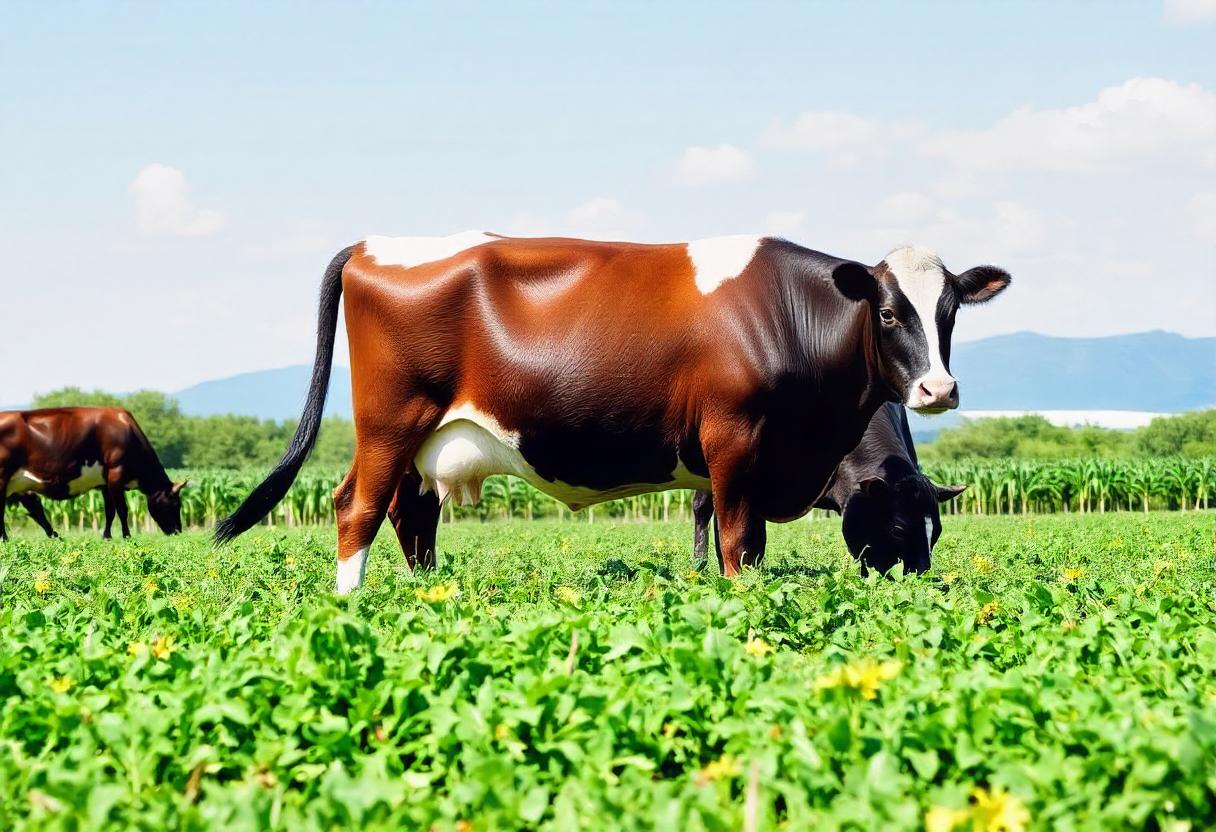
An Agriculture ETF (Exchange-Traded Fund) is a type of investment fund that focuses on agricultural commodities, companies involved in agriculture, or agricultural-related sectors. These ETFs provide investors with a way to gain exposure to the agricultural industry without directly buying and managing agricultural assets.
Types of Agriculture ETFs
Commodity-Based ETFs
- Agricultural Commodities ETFs: These ETFs invest in futures contracts or physical commodities such as grains (corn, wheat, soybeans), livestock (cattle, hogs), or soft commodities (coffee, sugar). They track the performance of these commodities and offer investors a way to profit from price changes in the agricultural markets.
Sector-Based ETFs
- Agriculture Sector ETFs: These ETFs invest in a diverse range of companies involved in agriculture, including producers, equipment manufacturers, and agricultural technology firms. They aim to capture the overall performance of the agriculture sector, providing exposure to companies that operate in various parts of the agricultural supply chain.
Agricultural Technology ETFs
- AgTech ETFs: Focused on investing in companies that develop and utilize technology to enhance agricultural productivity. This includes firms involved in precision agriculture, biotech innovations, and sustainable farming practices.
Key Features of Agriculture ETFs
Diversification
Agriculture ETFs offer diversification by investing in a broad range of agricultural commodities or companies. This helps spread risk across different sectors within agriculture and reduces the impact of price volatility in any single commodity or company.
Liquidity
As with other ETFs, Agriculture ETFs are traded on major stock exchanges, providing investors with liquidity and the ability to buy and sell shares throughout the trading day at market prices.
Accessibility
Agriculture ETFs provide an accessible way for individual investors to gain exposure to the agricultural sector without needing specialized knowledge or direct investment in physical commodities or businesses.
Transparency
Agriculture ETFs typically disclose their holdings and performance regularly, offering transparency about the assets in the fund and its performance relative to its benchmarks.
Benefits of Investing in Agriculture ETFs
Inflation Hedge
Agricultural commodities often act as a hedge against inflation, as their prices tend to rise when inflation is high. Investing in Agriculture ETFs can provide protection against inflationary pressures on other investments.
Growth Potential
The agricultural sector can offer growth potential due to factors such as increasing global population, rising food demand, and technological advancements. Agriculture ETFs allow investors to tap into this growth potential.
Diversification and Risk Management
Agriculture ETFs can diversify an investment portfolio by adding exposure to the agricultural sector. This diversification can help manage risk by reducing reliance on other asset classes and sectors.
Risks and Considerations
Commodity Price Volatility
Commodity prices can be highly volatile due to factors such as weather conditions, geopolitical events, and changes in supply and demand. Agriculture ETFs that invest in commodities can experience significant price fluctuations.
Market Risk
Investing in sector-based or technology-focused Agriculture ETFs carries market risk related to the performance of the underlying companies or sectors. Economic downturns or changes in industry dynamics can impact ETF performance.
Management Fees
Agriculture ETFs, like other ETFs, may have management fees that can affect overall returns. It is important for investors to review the fee structure and ensure it aligns with their investment goals.
Currency Risk
For ETFs that invest in international agricultural markets or commodities priced in foreign currencies, currency fluctuations can impact returns. This is an additional risk factor for investors in globally diversified Agriculture ETFs.
Popular Agriculture ETFs
Several Agriculture ETFs are well-regarded in the market, including:
- Invesco DB Agriculture Fund (DBA): Focuses on agricultural commodities such as corn, soybeans, and wheat through futures contracts.
- iPath Series B Bloomberg Agriculture Subindex Total Return ETN (JJG): Tracks the performance of the Bloomberg Agriculture Subindex, which includes futures contracts on various agricultural commodities.
- Global X AgTech & Food Innovation ETF (KROP): Invests in companies involved in agricultural technology and food innovation, aiming to capitalize on advancements in the sector.
Investing in Agriculture ETFs
Before investing in Agriculture ETFs, it is important to conduct thorough research and consider factors such as investment objectives, risk tolerance, and fee structures. Consulting with a financial advisor can help tailor investment choices to individual financial goals and needs.
Agriculture ETFs provide a versatile investment option for those looking to gain exposure to the agricultural sector. They offer diversification, liquidity, and the potential for growth, while also carrying risks associated with commodity price volatility and market dynamics.